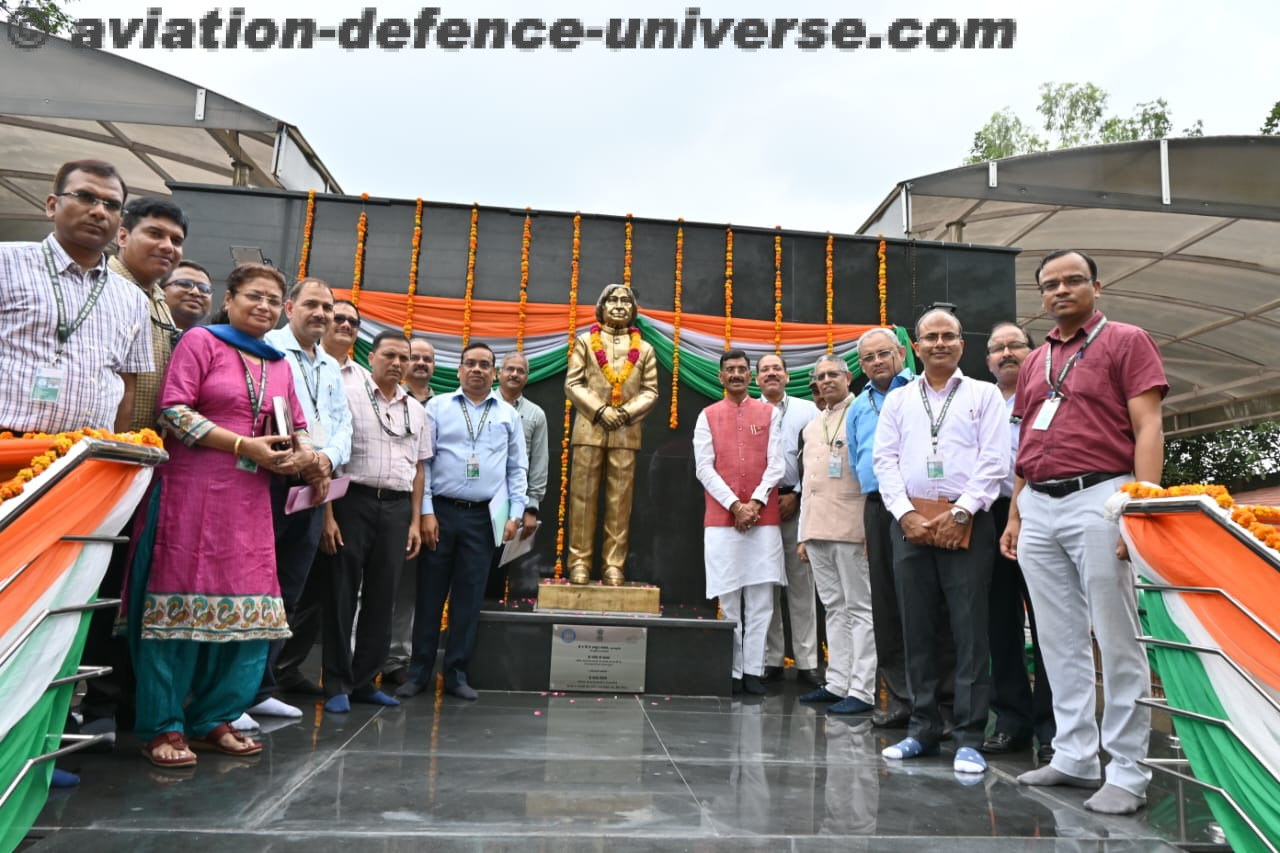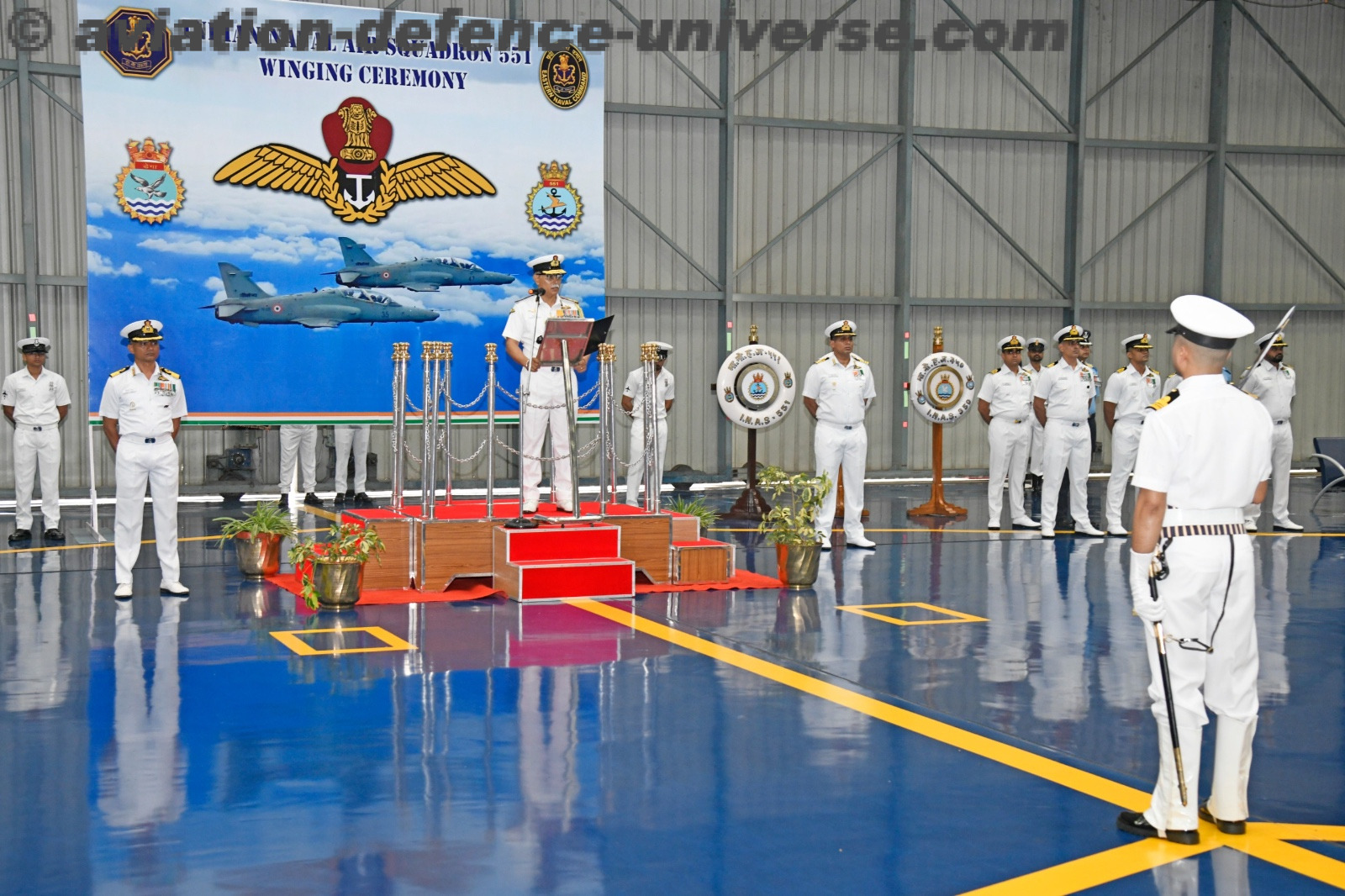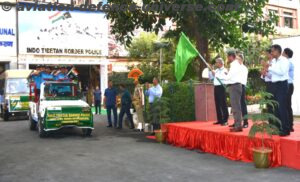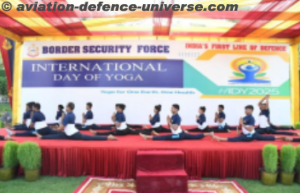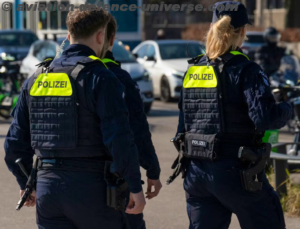- Unveiled at the 9th Homeland Security Summit organized by ASSOCHAM in New Delhi
New Delhi. 06 September. A joint knowledge report by ASSOCHAM and EY was unveiled at the 9th Homeland Security Summit organized by ASSOCHAM which suggests that it is imperative that apex industry bodies and internal security agencies build a conducive environment to foster trust and innovation. Forming Government-Industry strategic partnerships and establishing CoEs focused on internal security can drive innovation and develop replicable solutions using emerging technologies.
Dr. Vikram Singh, IPS (Retd), Former DGP, UP Police & Founder Trustee, Public Police NGO highlighted drone incursions that are becoming an increasing threat. Besides, as also the forensic challenges in detecting and mitigating the risks. Advancements in facial recognition software, along with machine learning and AI-enabled CCTV networks, are pivotal in boosting our defense mechanisms. Leveraging these technologies allows us to enhance situational awareness and respond proactively to emerging threats. By integrating AI-driven solutions into our security infrastructure, we not only strengthen our capabilities but also ensure a more secure and resilient homeland security system.
A future-ready security framework requires the free integration of ideas and innovation, said Shri Yashovardhan Azad, IPS (Retd), Former Special Director, Intelligence Bureau & Secretary, Security, Government of India & Director, Public Police NGO. The capacity to absorb and apply these advancements is essential for the Ministry of Home Affairs, as well as law enforcement agencies. By fostering a culture of R&D and building an advanced, tech-enabled police force, we can address complex security challenges. He emphasized on the need of collaboration and cooperation between the Government, Industry and other stakeholders. Also, he pointed out the need for addressing structural rigidities within the system. Embracing risk and pushing the boundaries of innovation will empower us to stay ahead of threats and ensure a safer, more resilient nation. He called upon the industry to come up with tech-oriented and tech-enabled solutions to support the law enforcing agencies.
Speaking at the Homeland Security Summit, as the guest of honor Dr. Arvind Gupta, Director, Vivekananda International Foundation, said In today’s complex security landscape, a mission-oriented approach is critical for advancing national security. By streamlining procurement procedures and maximizing available resources, we strengthen our civil national security systems. The vision of ‘Viksit Bharat 2047’ inspires confidence in our journey toward becoming a developed nation, where the synergy between industry and government is essential.
He further stated that Industry will play a transformative role, especially as we face enormous challenges across sectors like defense, maritime and coastal security, and cyber defense. To ensure preparedness, we must professionalize the defense ministry and embrace technologies that bolster both security and economic growth. A combined approach between Government and industry will ensure India’s security framework is robust and future ready.
In his welcome address Dr A K Agarwal, Chairman, National Council on Public Procurement, ASSOCHAM & Chairman, River Engineering Pvt. Ltd. shared Safety and security have been of prime importance for nations since times immemorial. Every nation-state has endeavored to protect citizens, institutions and infrastructure from both internal and external threats, thus providing the stability essential for the nation’s survival and safeguarding its sovereignty.
Hitender Mehta, Co- Chairman, National Council on SEZs & Industrial Parks, ASSOCHAM & Managing Partner, CENTRUM LEGAL explained how the vision of “Viksit Bharat 2047” could undoubtedly be realized through a series of reforms, initiatives and on tangible development efforts. Such initiatives will be sustainable only if India stands on the bulwark of strong and cohesive internal security arrangements that can mitigate threats from both internal and external factors. In turn, the sustainability of such security arrangements hinges on a deep synergy between industry and law enforcement agencies. He mentioned that the States should endeavour to improve homeland security in order to attract investments from domestic as well as international investors. He emphasized that a clear and robust Policy and regulatory framework need to be put in place in line with the needs of the hour. Also, he emphasized the need of involving the citizens through confidence building measures, and pondered whether India should also consider compulsory military training of 1 to 2 years for the youth in order to effectively contribute to not only the issue of homeland security, but also to the national security.













